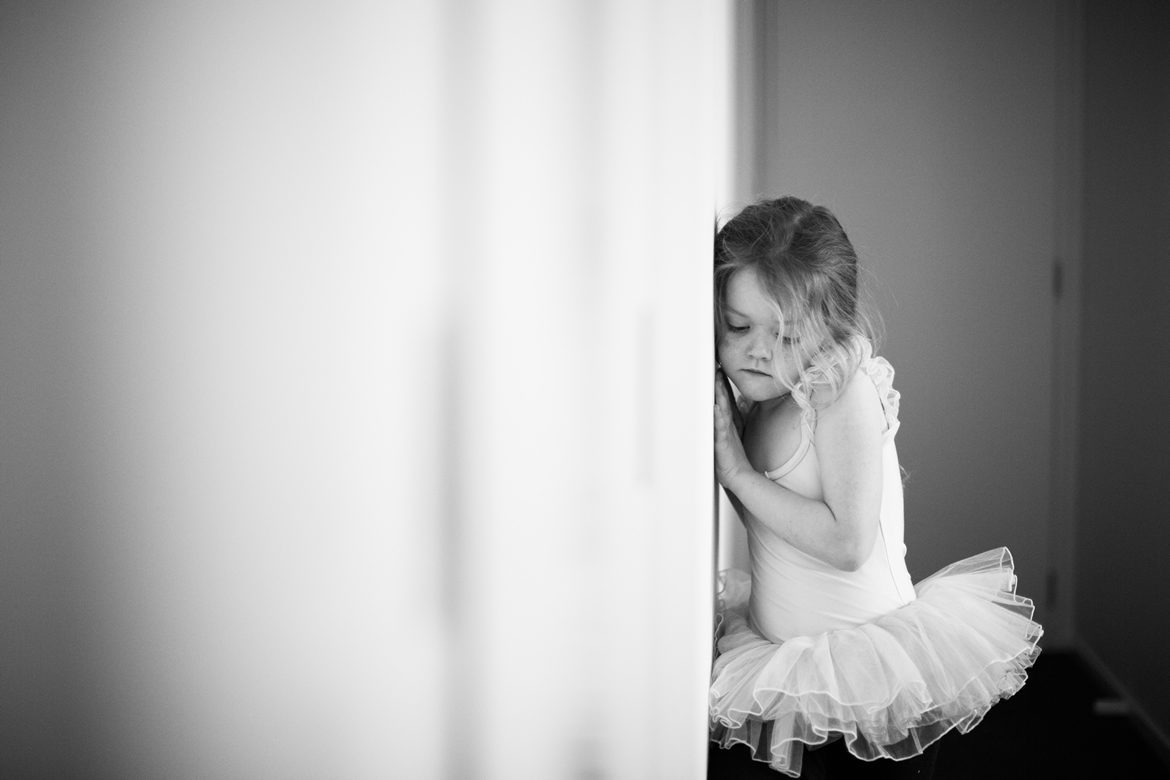Dr. Laura, I see how all your mindfulness techniques make me a more patient mother. But when I find my temper rising, what can I do in that moment? I know yelling doesn’t work. I know that my inner critic that tells me I’m a bad mother just makes things worse. But what do I actually DO?” – Cara
Nothing. Really. You notice what you’re feeling, you breathe your way through it, and you DO nothing.
When our temper rises, we all feel an urgent need to DO something, anything. But that’s our emergency response system operating. And parenting, despite how it feels, is not usually an emergency.
So the most effective thing you can do is restore yourself to calm before you act. Why? Because the rational brain stops working when you’re angry. So when you act from anger or fear, you’re never taking constructive action.
I define mindfulness as just noticing our own feelings and thoughts without acting on them. Meditation teacher Sharon Salzberg says it more directly: “Mindfulness is not hitting someone in the mouth.”
Sure, it feels like we MUST intervene at that moment. Otherwise, our child will “get away with” bad behavior, and will become a terrible person. But that’s fear speaking, and it drives us to take actions that make things worse. Later, we realize that we let our emotions run amok. We didn’t guide our child with love. We didn’t help her WANT to be a more responsible or cooperative person. Instead, we dumped those yucky feelings from our full emotional backpack onto our beloved, vulnerable, child.
So what can you actually DO when you feel your temper rising?
1. Notice that you’re starting to get swept into “fight or flight.” It might be an exasperated sigh, your voice getting louder, or your jaw clenching. Or maybe your mind starts churning with angry thoughts. Once you notice your “temper rising” you’ve given yourself a heads-up that trouble’s brewing, and you have a choice about how to respond. (Yes, this is hard. But it gets easier if you practice on all those little upsets every day.)
2. Breathe. If there’s no physical intervention absolutely required, just hold still and breathe deeply. Even if you’re moving toward your child to stop him from hitting the dog or throwing his toy, breathe deeply! This interrupts the stress hormones flooding your body. It makes you aware of all those sensations of anger, so you don’t go on auto-pilot and start raging.
3. RESIST taking action. Just breathe and tolerate the feelings until they pass. I guarantee you those feelings will feel awful. You’ll feel like lashing out (fight), running away (flight), or numbing yourself with food or a screen (freeze). You might feel like you can’t breathe, or like throwing up. But if you keep breathing and tolerate those feelings, they’ll pass. Every time you do this, you’re emptying your emotional backpack of old baggage, so you’re less likely to get hijacked by anger the next time. And you’re modeling emotional intelligence for your child. In fact, neuroscientist Dan Siegel says you’re actually helping your child’s brain grow.
4. Work hard to see things from your child’s point of view. If you’re sure you’re right and the other person’s wrong, you’re already moving into fight mode, where your child looks like the enemy. So notice those thoughts building up throughout your day that your child is giving you a hard time. If you don’t catch them, you’ll blow up sooner or later. Re-frame to something that’s actually more true: “He’s expressing legitimate needs as well as he can; he needs my help.”
5. Choose love. Every action we take can be seen as a choice between love and fear. (Fear is always lurking behind your anger.) Once you’re breathing and not driven by “fight or flight” you can do what we always tell our children: Make a better choice. You’ll know, in the moment, what that means. Maybe you:
Set a limit, but set it with empathy. Summon up all your compassion so your angry child feels safe enough to burst into tears and have a good cry. Move into playful mode to let your child save face. Hold out your arms for a hug.
Should you teach? Sure, once you’re calm, and your child is calm. You’ll be able to listen to your child and empathize. You’ll make better decisions, more in keeping with the parent you want to be. Until you’re calm, don’t try to teach, or you’ll be inadvertently teaching the wrong lessons.
You’re human, so you’ll find yourself moving into fight or flight on a regular basis.
Your child is defiant.
Your child is whining.
Your child is tantrumming.
Your child forgets something.
Your child isn’t listening to you.
Your child clobbers your other child.
When you feel your temper rising, just Choose love.
And create miracles today, large and small.
___________________________________________________________
Dr. Laura Markham is the author of Peaceful Parent, Happy Kids: How To Stop Yelling and Start Connecting. You can sign up to get her free posts right in your email, on any page of AhaParenting.com, the home of Aha! moments for parents of all age kids.











